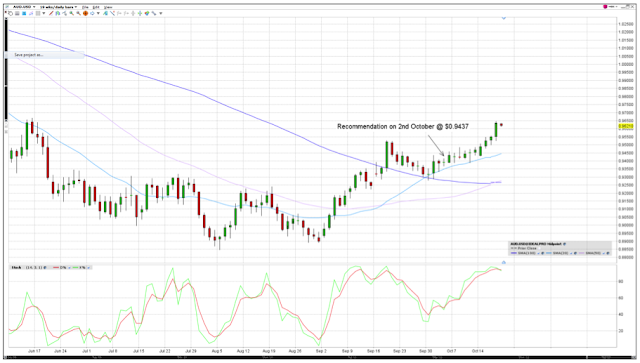3 killer strategies for today’s smart investor - Andrew Baxter
Like all traders and investors, I periodically review the performance of my portfolios and check in on whether they are getting the job done. I say periodically, because the temptation – a dangerous one for many – is to be constantly watching and let’s face it, this is a long term game, not a get rich quick punt, right? For the sideways to slightly bullish market As such, over the past few months, one of my personal favourites – the covered call, has continued to deliver the cash flow I seek from that particular portfolio. For example, this calendar year, in the Australian market, FMG being the one blot on the ledger, we have had only one loser from 13 closed positions. For those that obsess about win/loss ratios – a flawed measure in my book – that is a 92% win rate for the calendar year. Of course, this is a reflection of the underlying market conditions, which have been supportive of the strategy. * Market conditions have been more “choppy” in the US, howe




